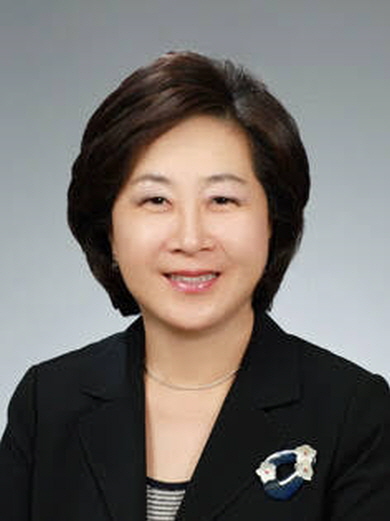
This year Ewha marked its 130th anniversary since its foundation in 1886, which began with a single student. She was a concubine of a high government official, and she came to Mrs. Scranton, so that she could learn English to become an interpreter for the Queen of Joseon. This student was the first student who came to Ewha in May 1886 after Mrs. Mary F. Scranton came to the shores of Joseon in June 1885 and began her missionary work. Despondent that there were no formal schools for girls, Mrs. Scranton asked the Women’s Foreign Missionary Society of the Methodist Episcopal Church in the US that she saw the urgent need to educate girls before she can begin to proselytize, which was the reason why the Women’s Foreign Missionary Society sent her to Korea in the first place. With the permission from the Women’s Foreign Missionary Society, Mrs. Scranton began to work on establishing the first school for girls. But even though there were no schools for girls, and Ewha was the first to open its doors to girls, no one sent any students. The Joseon society was not yet ready to embrace the idea about educating girls, let alone to be taught by foreigners!
But, on that fateful day when the first student, who is only known as “Lady Kim,” set foot on the school, which later became Ewha, the history of women’s education opened in Korea. Since that beginning, Ewha marched forward with a single vision to educate girls and women of Korea. In 2016, it is unique among the world’s women’s colleges as a research university with programs at undergraduate and graduate levels. This is very rare among women’s colleges around the world. The breadth of disciplines is also noteworthy, making Ewha a truly comprehensive university, where no field of education is closed just because she is a woman. Ewha is now fully open to all women from all nations around the world.
Today, Ewha and women’s education appear to be at an important cross-road. Women have the full right to be educated in Korea, and in fact more girls than boys, who graduate from high school, go on to the university. Yet, Korea was ranked 115th in terms of Global Gender Gap Index in the world in 2015. In spite of all the work Ewha and others have done over the last 130 years to advance women’s education and empowerment, we find ourselves still lagging behind in real equality between genders due most importantly for the wage gap where women make only 60 percent of what men make for the same job. Ewha is searching its new mission for women’s education. How are we to go beyond merely offering the opportunity for education for women toward a qualitatively different educational paradigm so that we can also help reduce the gender gap in our broader society?
Ewha should revisit its original mission that began 130 years ago, to educate one girl and one woman at a time, not because she was a person of high status, but because she wanted and needed an education to better herself. Every one of the students, professors, staff, alumnae, and members of the Ewha community is a precious asset who must work together to find a new paradigm for women’s education. One person at a time, one step at a time, but we must walk forward, together.
Professor Kim Eun-mee received her Ph.D. in Brown University and she is currently the director of the Global Cooperation Center at Ewha and professor of Graduate School of International Studies.

